The workshop aims to address challenges in robotic locomotion and manipulation research in real world by providing a comprehensive overview of experiment-oriented approaches. Topics covered include hardware design and computation models including practical know-hows. Participants will discuss how to design experiments to accurately evaluate robotic locomotion and manipulation performance. By the end of the workshop, participants will have gained a deeper understanding of experiment-oriented approaches.
The organizers strongly believe that a workshop is an appropriate forum for approaching this topic, as it facilitates direct access to experts in the field and face-to-face discussions.
Description
The ability of robots to operate effectively in unstructured and dynamic environments depends heavily on their robotic locomotion and manipulation skills. However, achieving these skills is often challenging due to the complexity and coordination required for many tasks. Despite the significant amount of research on this topic, many research papers still remain in a simulation world, which often fails to capture the diversity and complexity of real systems and their environments.
To address these challenges, our workshop seeks to provide a comprehensive overview of approaches that ensure high performance on real systems. The following topics will be covered:
Hardware Design: The use of transparent actuation, simple mechanisms, and low-noise sensors can facilitate accurate and simple modeling, which can then be translated to better sim-to-real transfers. We will discuss how to design and combine good hardware components for high-performance robots.
Analytical Methods: Good algorithms must account for uncertainties in both the robot and the environment model, producing robust control outputs that avoid risks and guarantee maximum expected performance. Model parameter estimation and online adaptation are also critical to increasing performance on real systems. We will discuss the existing analytical algorithms that explore these possibilities.
Data-driven Methods: Both simulation-based training methods and direct hardware training have shown impressive performance on real-legged robots and robot arms. They can employ detailed and accurate physics simulation, account for uncertainties in the model, and adapt to dynamic environments. We will present the latest breakthroughs in data-driven approaches for legged robots and manipulation.
Submissions
We solicit 3-4 page extended abstracts (page counts do not include references). Submissions can include original research, position papers, and literature reviews that bridge the research areas for this workshop. Submissions will be reviewed, and selected based on technical content and ability to positively contribute to the workshop. All accepted contributions will be presented in interactive poster sessions. All accepted contributions will be featured in the workshop as spotlight presentations.
The following list contains some areas of interest, but work in other areas is also welcomed:
- Novel transparent hardware design including sensor placement, system identification, and design optimization
- Safe and/or contact-aware control methods under physical interactions
- Integrated task and motion planning methods for real-world applications
- Learning and transfer approaches including Sim2Real, Real2Sim, and meta transfer learning methods
- Accurate and repeatable experimental evaluations
We will accept papers in the official IEEE templates (LaTeX and Word). Submissions must meet page restrictions (3-4 pages for extended abstracts), but can include additional pages as long as those pages only contain references. Reviewing will not be double blind. Please do not anonymize the submission.
Papers and abstracts should be submitted through the following link: https://cmt3.research.microsoft.com/RSSLM2023
Important Dates
(deadlines are "anywhere on earth")
- May 5
- Workshops call for contribution
-
June 5June 12 - Extended abstract submission deadline (23:59 in Pacific time)
- June 19
- Notification of acceptance
- July 3
- Camera ready deadline for full paper
- July 10
- Workshop
Presentations
All accepted contributions will be presented in interactive poster sessions. We strongly recommend adhering to the following poster size:
Potrait configuration: A0 size 33.1 inch (width) x 46.8 inch (height)
There is no specific template for the posters.
Contributions selected for spotlight presentations should prepare a 5-minute talk. This will be followed by 2 minutes of audience questions. During this time the next presenter should set up. All presenters should check in during the first coffee break and verify display settings. Please check the schedule for the presentation order.
Program
Location
Workshop: TBD
Poster: TBD
| Time | Topic | Speaker |
|---|---|---|
| 09:00 - 09:15am | Introduction | Organizers |
| 09:15 - 09:45am | Robot Dogs that Listen, Express, and Run | Jie Tan |
| 09:45 - 10:15am | Robotic Companion: from language grounding to safe execution | Daehyung Park |
| 10:15 - 10:30am | Spotlight Talks I | #1, #2 |
| 10:30 - 11:00pm | Coffee break + Poster Session | |
| 11:00 - 11:30am | On the co-development of hardware and control: how elastic actuation can enable new skills in locomotion and manipulation | Christian Ott |
| 11:30 - 12:00pm | Compliant and Precise Control of Bipedal Robots | Jaeheung Park |
| 12:00 - 13:30pm | Lunch | |
| 13:30 - 14:00pm | Spotlight Talks II | #3, #4, #5, #6 |
| 14:00 - 14:30pm | High-Speed and Versatile Locomotion of Quadrupedal Robots | Hae-won Park |
| 14:30 - 15:00pm | Tactile Perception for Dexterous Manipulation | Mustafa Mukadam |
| 15:00 - 15:30pm | Coffee break + Poster Session | |
| 15:30 - 16:00pm | Spotlight Talks III | #7, #8, #9 |
| 16:00 - 16:30pm | TBD | Deepak Pathak |
| 16:30 - 17:00pm | Towards Robotic Caregiving: Building robots that work alongside human stakeholders | Tapomayukh Bhattacharjee |
| 17:00 - 17:30pm | Diffusion Policy and Thoughts on Experiment Design for Robot Learning Research | Shuran Song |
| 17:30 - 18:00pm | Panel Discussions (TBD) | Invited Speakers |
Tentatively accepted speakers
 |
Christian Ott, Technischen Universität Wien & German Aerospace Center (DLR)On the co-development of hardware and control: how elastic actuation can enable new skills in locomotion and manipulation |
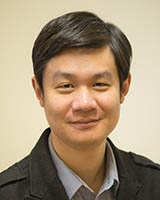 |
Jie Tan, Google Brain RoboticsRobot Dogs that Listen, Express, and Run |
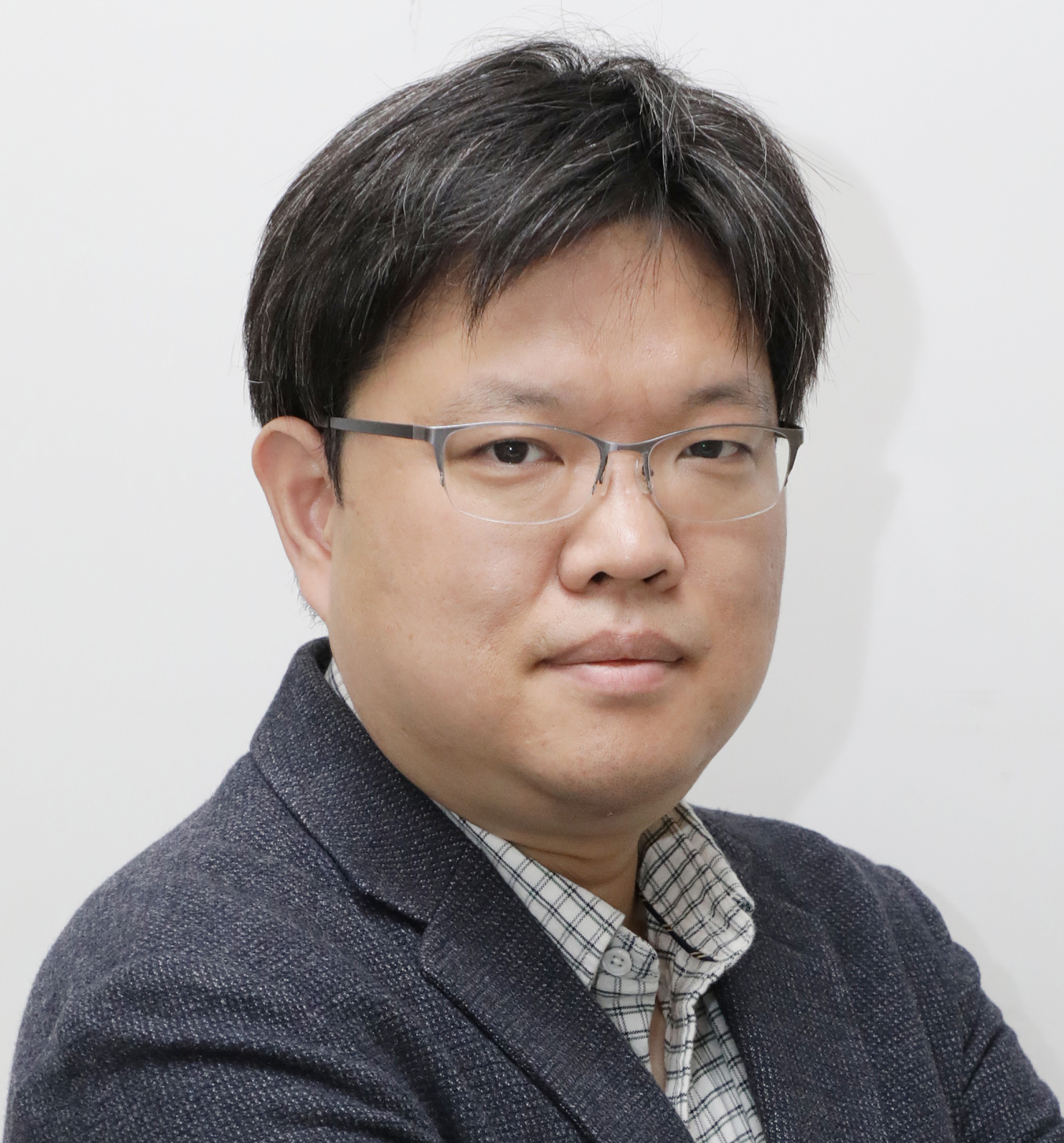 |
Hae-Won Park, Korea Advanced Institute of Science and TechnologyHigh-Speed and Versatile Locomotion of Quadrupedal Robots |
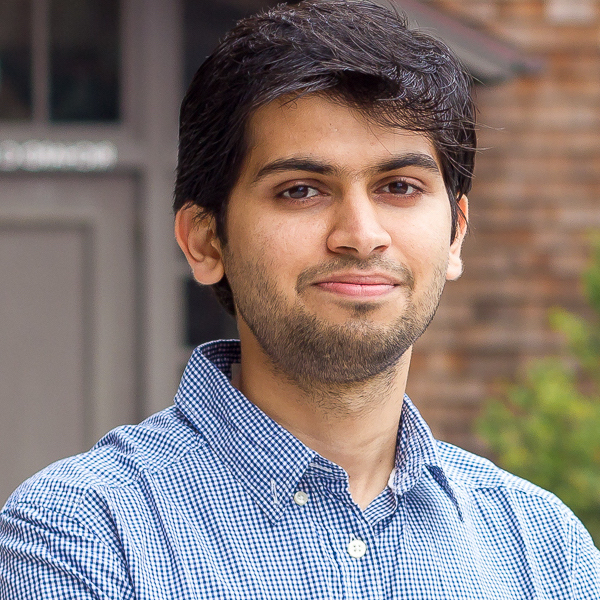
|
Deepak Pathak, Carnegie Mellon University |
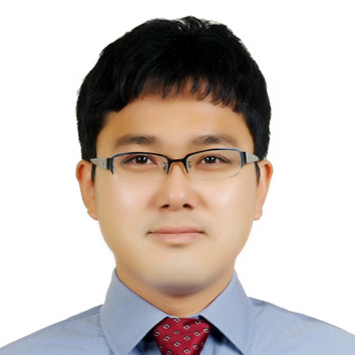 |
Daehyung Park, KAISTRobotic Companion: from language grounding to safe execution |
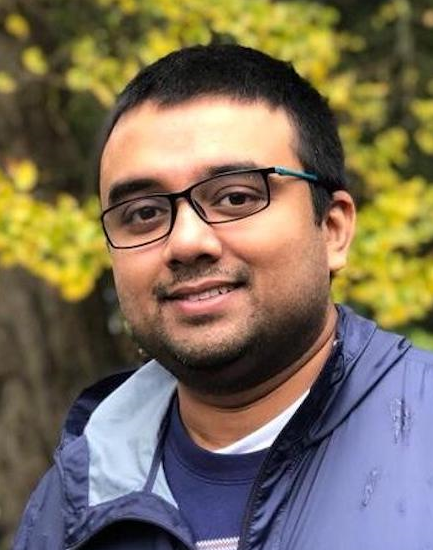 |
Tapomayukh Bhattacharjee, Cornell UniversityTowards Robotic Caregiving: Building robots that work alongside human stakeholders |
 |
Shuran Song, Columbia UniversityDiffusion Policy and Thoughts on Experiment Design for Robot Learning Research |
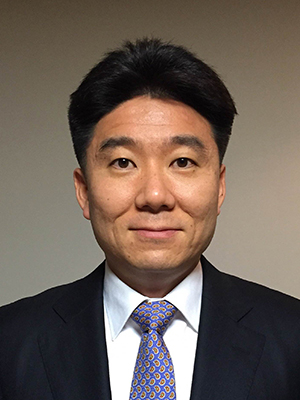 |
Jaeheung Park, Seoul National University |
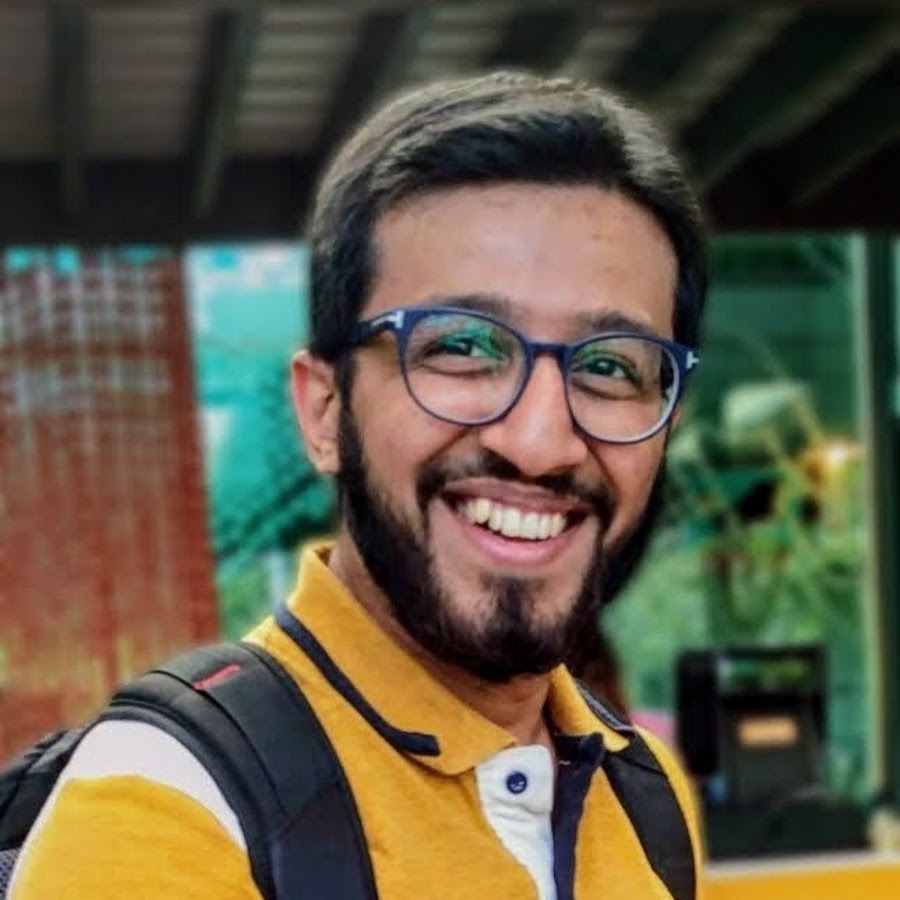 |
Mustafa Mukadam, Facebook AI Research (FAIR)Tactile Perception for Dexterous Manipulation |
Organizers
Organizing Committee
 |
Daehyung ParkSchool of ComputingKorea Advanced Institute of Science and Technology |
|
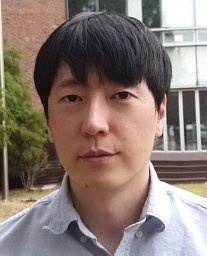 |
Jemin HwangboMechanical EngineeringKorea Advanced Institute of Science and Technology |
|
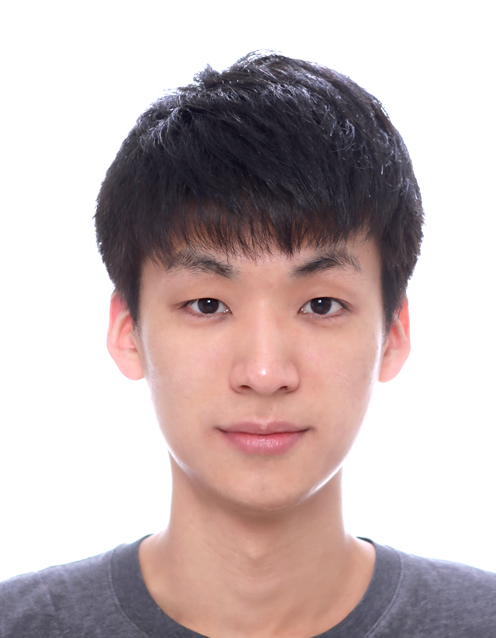 |
Minjun KimSchool of Electrical EngineeringKorea Advanced Institute of Science and Technology |